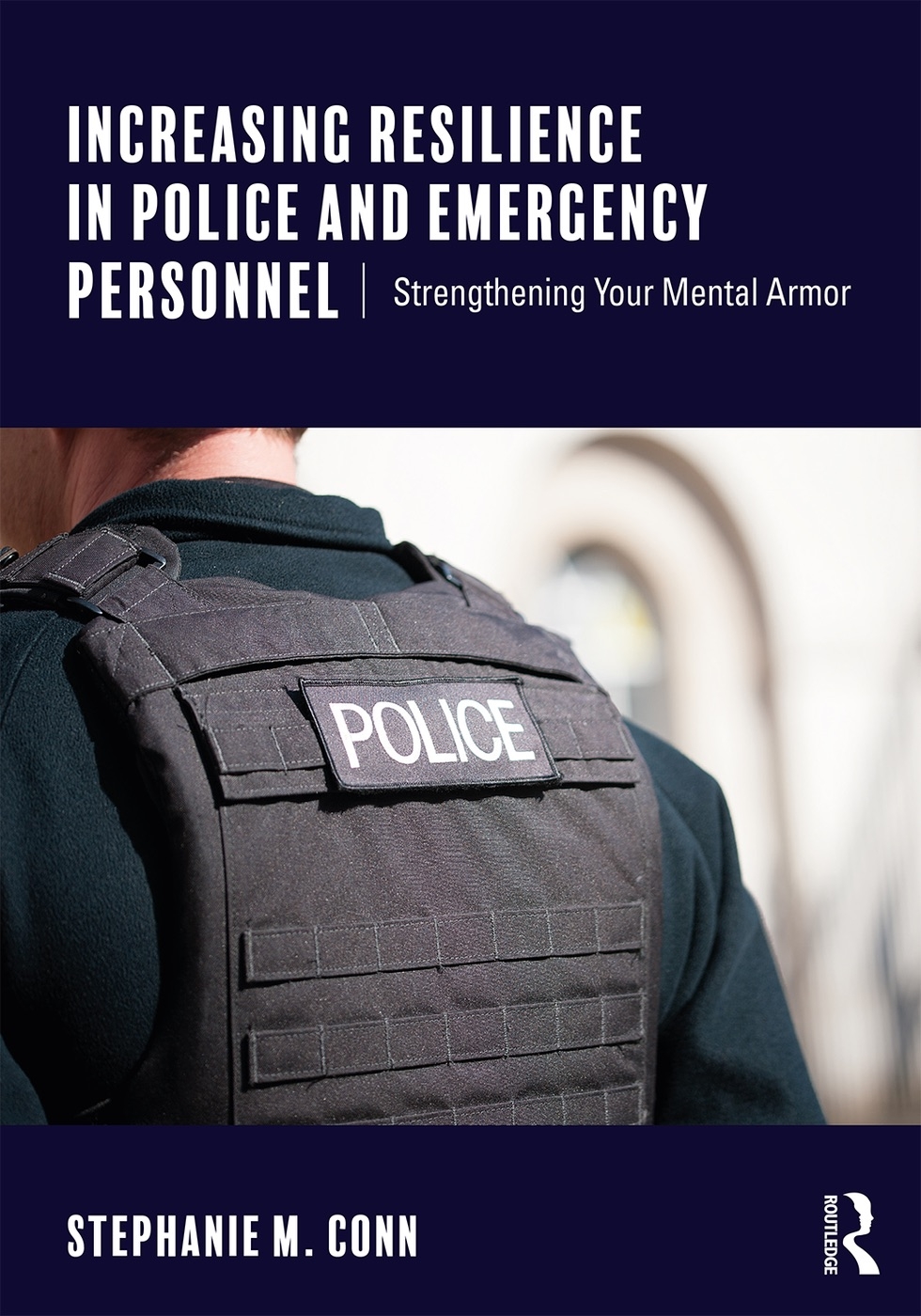
Features
Holding the Line
Opinion
Strengthening our “resiliency armour”
The word resilience has been a buzzword in the world of policing for several years now and its essential role in our successful mental health and wellbeing also makes it known as a top-notch performer. Resilience is infused in our training programs, such as Road 2 Mental Readiness, and is heavily promoted as our recruits begin their journey as first responders.
March 16, 2018 By Michelle Vincent

What exactly is resilience and how does it look as a first responder? Who has it and who doesn’t? Is it something that can be learned? These are all questions we may ask ourselves as this buzzword continues to float around our organizations.
Resilience is defined in the dictionary in two ways, both applicable to us as police officers. The first is: “the capacity to recover from difficult situations.” The second is: “the ability of a substance to spring back into shape; elasticity.” If we apply these concepts to ourselves how do we fare on our resilient report card and how can we improve?
Dr. Stephanie Conn has written a book called Increasing Resilience in Police and Emergency Personnel: Strengthening Your Mental Armor, and although I have not had the opportunity to read it (it hasn’t been released at the time of writing this), I have spoken in depth with Stephanie about the meat and potatoes of it.
There are many great reads out there for us, but what I appreciate most in Stephanie’s approach is her exploration in debunking the myths of how we are not being resilient when we are struggling with our mental health issues (depression, anxiety, PTSD and/or addictions). She approaches resilience through a solution-focused lens, identifying non-operational triggers that affect our “resiliency armour” and thoroughly explores a regime for strengthening this “armour.”
Resiliency may be one of the most important tools in our tool belt and yet, for many of us, it is possibly a skill we need to develop — like a muscle we focus on at the gym.
What do those mental health workouts look like from a resilience perspective? It depends on what level you are entering at, no different than beginning a workout regime at the gym! If you are reading this and are experiencing significant trauma or mental health issues at this time in your life, discussing improving resiliency with your mental health professional would be a great start.
Another piece I have found useful is finding the good in situations, which I call “fine tuning our perceptual lens.” We have a choice to see what is good in a situation or what is bad. We have a tendency to focus on what is negative, as we feel like we are protecting ourselves from letting any more bad in. The challenge with that is we get more of what we are thinking. If you can find even one small positive in a situation, hone in on it and flesh it out. The reverberation of that positivity will go on for a long time. When we practice this at every chance we get, we become more proficient at it, which can literally change the way we experience life.
For example, what is even just a small benefit to being part of challenging call at work? Maybe we were able to bring resources to a subject, as a result of an arrest, through their attendance in court. There are two sides to every situation and resilience is the ability to focus on what went well.
Conn’s book is due to be released April 8, 2018, and is currently available for pre-order on Amazon.
Michelle Vincent is a 15-year York Regional Police officer with a Masters Degree in Arts in Counselling Psychology and a background in equine assisted therapy, workplace reintegration and teaching. Her counselling practice is supervised by a psychologist with a specialty in addictions and trauma. She can be contacted at: michelle@smith.net.
Print this page